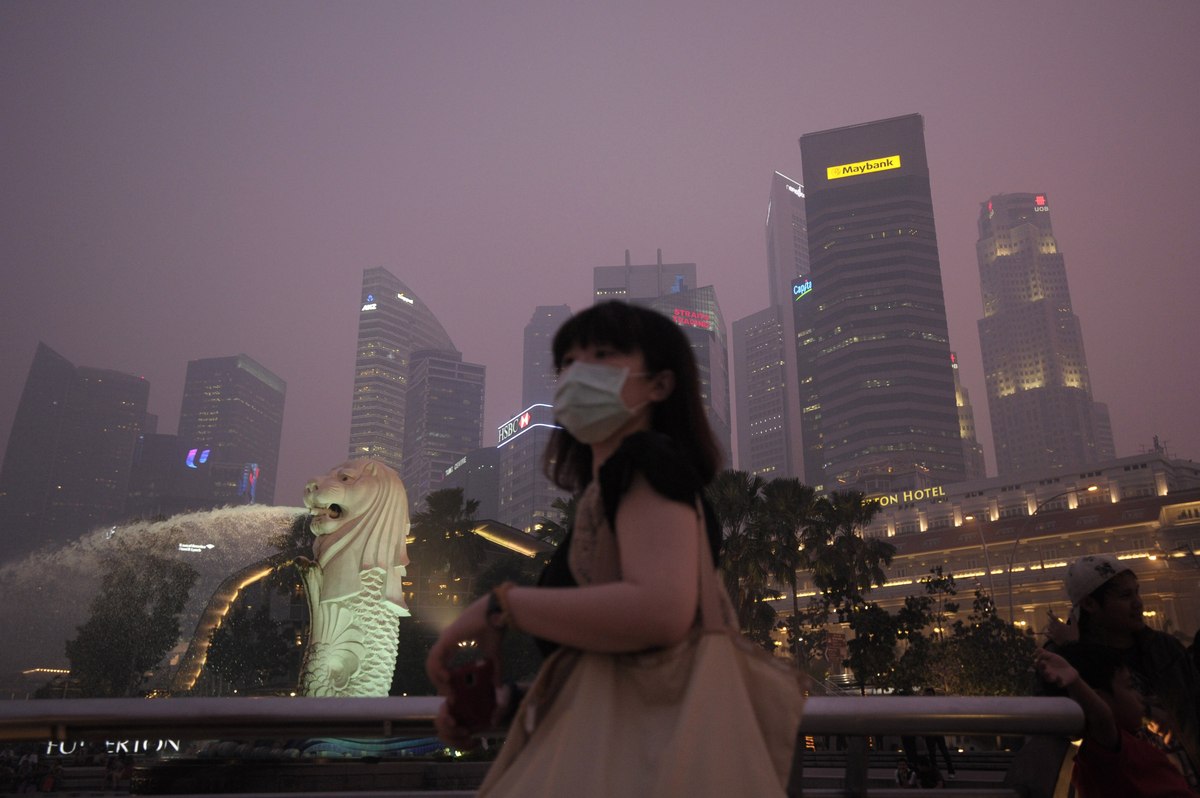
YouGov’s Survey on the Haze affecting Southeast Asia in Recent Months
The citizens of many Southeast Asian countries have been coping with the effects of significant haze – caused primarily by forest fires burning in the region - in recent months. While the haze seems to be finally under control, that was not the first time SEA has been affected in this way and there have been mixed voices as to who is to blame.
YouGov ran a survey to investigate how the haze has impacted people’s habits and travel behaviour in the region. We polled 7,536 respondents online across Asia Pacific from 17-23 Nov 2015. All data was collected from YouGov panellists and weighted to be representative of the online population.
Almost universal awareness of the haze issue in SE Asia
78% of Asian people say they are aware of the haze caused by Indonesian landscape fires. Awareness was lowest in Hong Kong (at 48%) and Mainland China (at 44%).
Good news for mask-makers: two-thirds of those in Indonesia, Malaysia and Singapore wore a mask when the haze was present.
65% of people in Indonesia, Malaysia and Singapore wore masks to try to avoid breathing in polluted air during the haze period. Among those who chose NOT to wear a mask during the haze, 39% say that they don’t find it necessary, 38% think it’s uncomfortable to wear mask, and 18% thinks that the mask cannot protect them from the pollution anyway.
Most Respondents Think Palm Oil Companies are Responsible for the Fires that Cause the Haze
Among those who are aware of the haze, 58% of them think palm oil companies setting their plantations on fire are a cause of the fires in Indonesia. Some 48% think the fires are caused by farmers setting their plantations on fire. And 44% think that dry weather causes the Indonesian fires.
When asked who they think is responsible for the resulting haze from the fires, 63% of respondents thinks it’s the palm oil plantation companies. An almost equal number, 62%, think it’s the Indonesian Government. And 18% think it is the brands who use palm oil in their products are responsible for the haze.
Two in every three people in Asia (67%) think the Indonesian government has not done enough to solve the problem of the haze, believing the government can do more to reinforce the law regarding the use of fire to clear land for oil plantations. Within Indonesia itself, responses on this aspect are quite diverse: 45% believe the Indonesian government can do more to solve the haze problem, but 44% think their goverment has done enough by enacting legislation that prohibits illegal forest fires to clear land for farming.
We also asked Asian respondents if any other regional country governments (or other parties) can do more to help solve the haze problem. 65% of Asian respondents think governments in other countries can do more in terms of investment in monitoring and enforcing existing bans on the use of fire as a method for land preparation. About half (51%) agree that companies using palm oil in their products should be able to verify that the palm oil used does not contribute to deforestation. 42% agree that consumers should also let manufacturers know that it’s important for consumers to know that palm oil used in products is grown on plantations free from deforestation.
One-in-five people (20%) in Indonesia, Malaysia, and Singapore Suffered Health Problems Due to the Haze and Needed to See Doctor
During the haze, 57% Indonesian, Malaysian, and Singaporean claim they stay at home more. 43% claim they do indoor activities more. Only 13% claim the haze didn’t affect their lifestyle in any way.
While 43% of respondents in the three countries most affected by haze haven’t had any visible health impact as a result of the haze, about one in three (32%) have suffered some haze-related health problems (though haven’t needed to see a doctor), and one in five (20%) have suffered some haze-related health problems and did have to see a doctor.
Almost 70% of People Living in Asia Would Avoid Visiting Countries under the Haze
The haze has changed the travel behaviour of people in Asia Pacific. 68% say they would only visit cities/countries that remain unaffected by the haze. Only 7% of respondents would still visit the affected cities/countries and think the haze is not a problem. Another 18% would still visit the affected cities/countries due to business travel, family visits, or because they already paid for the trip.
Click here to download infographic.